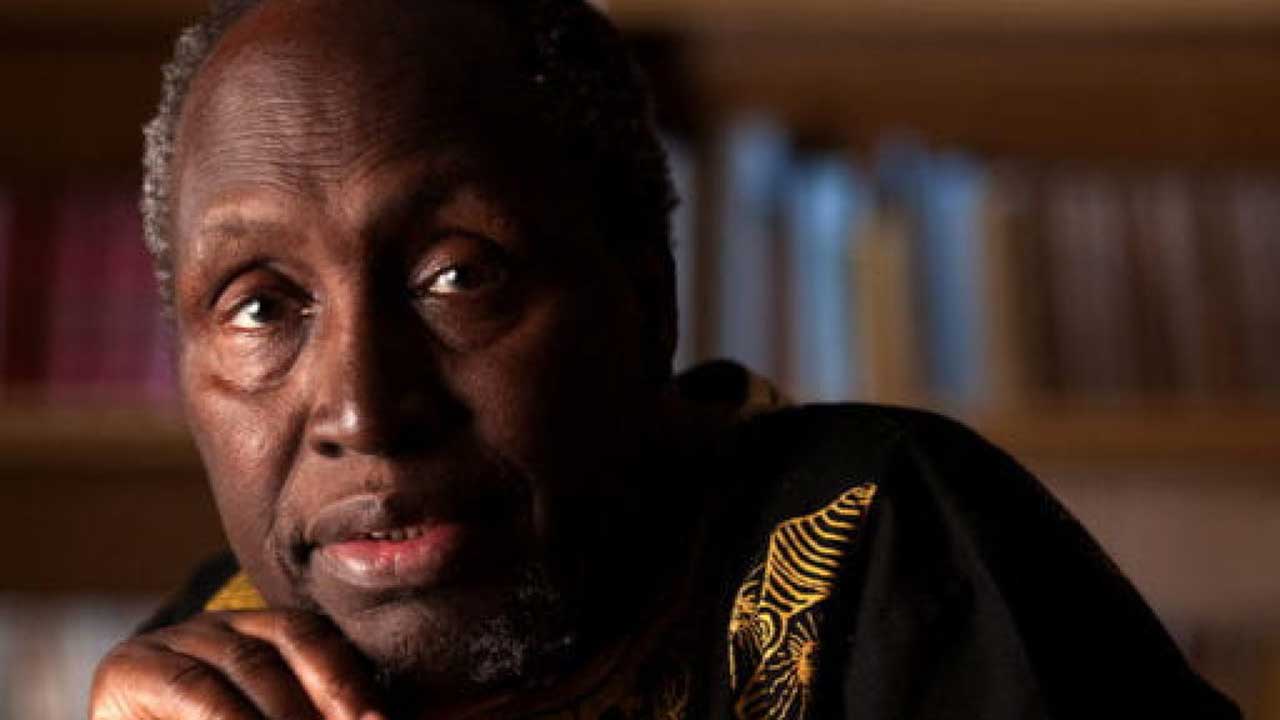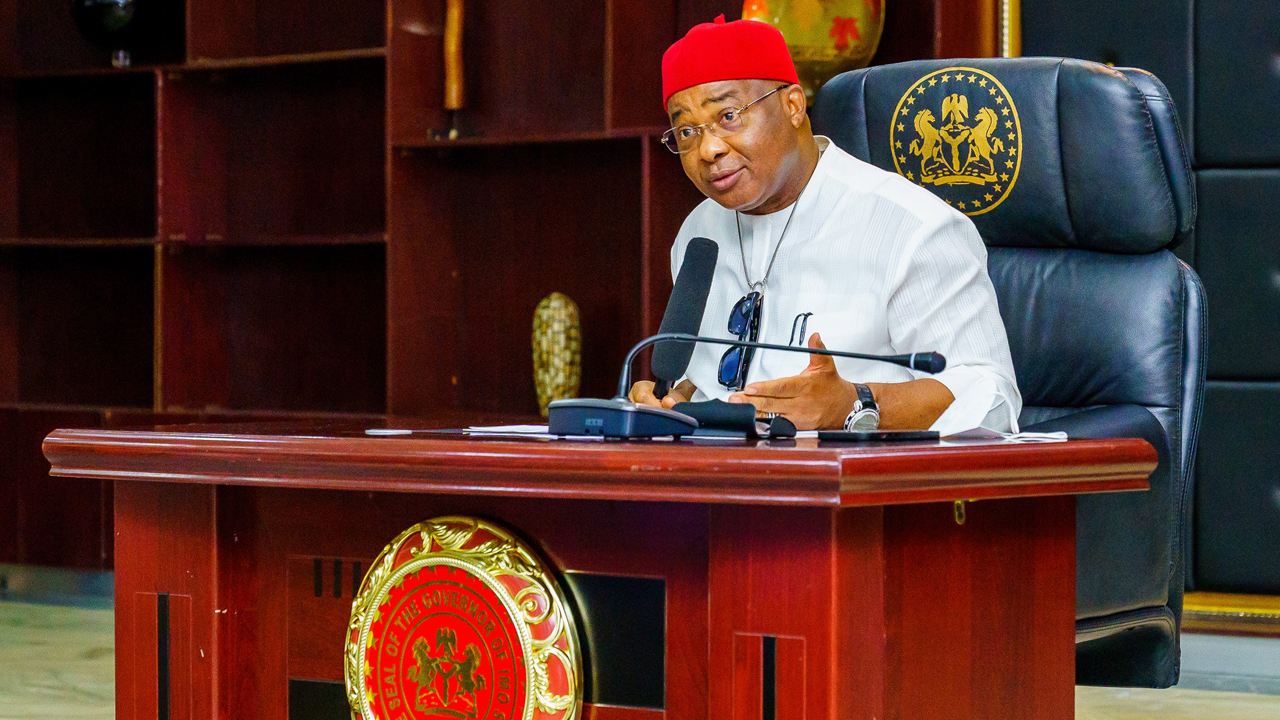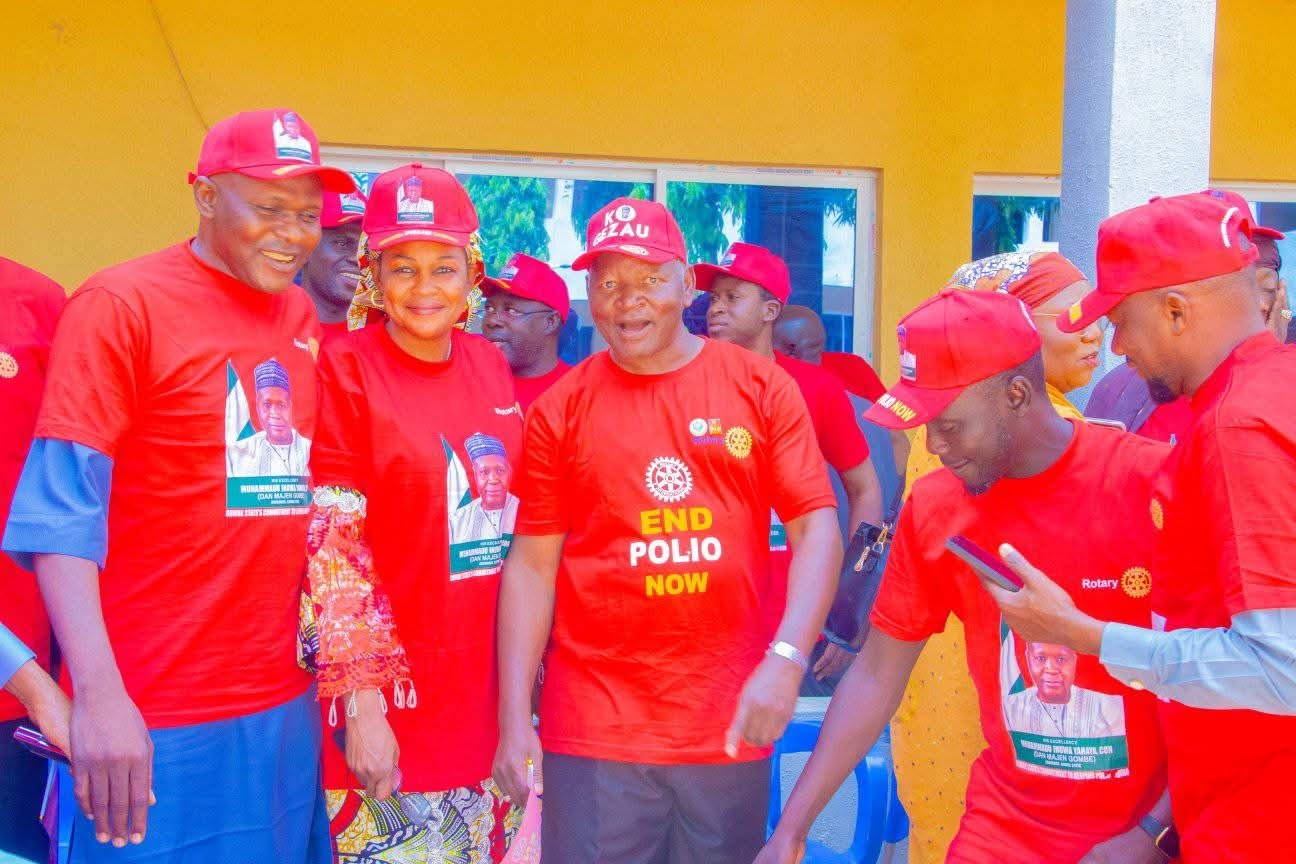In a powerful testament to the enduring influence of one of Africa’s most iconic literary figures, Professor Toyin Falola recently convened a landmark edition of the Toyin Falola Interviews, dedicated to honouring the life, work, and legacy of Kenyan writer and cultural theorist Ngũgĩ wa Thiong’o.
The event, titled Ngũgĩ wa Thiong’o: Life and Literature, unfolded as a vibrant intellectual exchange streamed live across various digital, television, and radio platforms, attracting over 3.7 million viewers from 24 countries across Africa and the global diaspora.
The panel brought together a distinguished assembly of scholars, writers, and cultural advocates whose reflections illuminated the depth and reach of Ngũgĩ’s work. Among them was Professor Ato Quayson, Jean G. and Morris Doyle Professor of Interdisciplinary Studies and English at Stanford University. Quayson offered poignant recollections of his early encounters with Ngũgĩ’s fiction, noting the author’s distinctive ability to weave intimate personal narratives into the grand tapestry of Kenya’s colonial and postcolonial history.
He described Ngũgĩ as “first and foremost a literary writer,” whose novels such as A Grain of Wheat and The River Between remain profound explorations of ethical conflict, community, and resistance.
Adding to this chorus of remembrance was Head of Media and Communication at the University of North-West in South Africa, Professor Abiodun Salawu. Salawu offered a media scholar’s perspective on Ngũgĩ as a communicator and political thinker whose texts have shaped African consciousness beyond the page. He positioned Ngũgĩ’s intellectual contributions within the broader struggle for cultural decolonisation and epistemic sovereignty.
Former Director at the Centre for the Advancement of Scholarship, University of Pretoria, Professor James Ogude, reflected on his first meeting with Ngũgĩ during the politically volatile 1970s. Ogude portrayed Ngũgĩ’s writings as beacons of intellectual resistance amid the clampdown on freedom of expression in East Africa. He recalled the charged atmosphere of Ngũgĩ’s lectures in South Africa during the era of apartheid’s decline, noting how the Kenyan writer’s work provided a pan-African model for resistance literature.
A deeply personal reflection came from Professor Peter Amuka, a veteran Kenyan scholar and former student of Ngũgĩ. He spoke movingly about his time under Ngũgĩ’s tutelage at the University of Nairobi, emphasising how the writer’s interdisciplinary pedagogy merged literature, history, and political theory. For Amuka, Ngũgĩ’s recurrent use of land as metaphor powerfully evoked themes of identity, displacement, and liberation—key concerns of postcolonial African thought.
Contributing a theatrical lens to the discussion, Associate Professor of Drama at Macquarie University, Australia, Dr. Mercy Mirembe Ntangaare, delved into Ngũgĩ’s dramatic oeuvre. She highlighted the writer’s commitment to integrating African oral traditions, folklore, and communal performance into his plays—thus re-establishing African theatre as a site of political engagement and cultural recovery.
Voices from the literary frontline also lent weight to the celebration. Celebrated novelist and memoirist, Okey Ndibe, shared a deeply emotional anecdote about his final conversations with Ngũgĩ, whom he fondly referred to as Mwalimu (teacher) and Nzi (intellectual gadfly). In one of their last exchanges, a Chinese-American former student of Ngũgĩ—remarkably fluent in Igbo—joined the call, symbolising the writer’s lifelong dedication to linguistic justice and the promotion of African languages.
Vice President (Southern Region) of the Pan-African Writers Association, Monica Cheru Mpambawashe, delivered one of the most impassioned addresses of the evening. She emphasised the writer’s enduring message to African creatives: to tell stories that defy neocolonial narratives and assert the dignity and sovereignty of the continent. “We don’t need more dialogue about poverty in Africa,” she declared. “We need stories that refuse the donor script and demand reparations. Justice is what we want.” Her call to “write the next chapter of decolonisation” was both a tribute to Ngũgĩ’s legacy and a challenge to the future.
Throughout the session, Professor Falola skillfully guided the dialogue, drawing connections across generations, disciplines, and geographies. As the panelists traced the arc of Ngũgĩ wa Thiong’o’s career—from his early novels and his political imprisonment to his theoretical interventions in Decolonising the Mind and his commitment to writing in Gikuyu—the audience was reminded of the writer’s extraordinary influence on African literature and postcolonial thought.
The event functioned not only as a tribute but also as a platform to reassert the role of African literature in shaping public consciousness and political change. Ngũgĩ’s work, it was evident, continues to ignite critical discourse, inspire activism, and mobilise storytelling as a tool of transformation.






